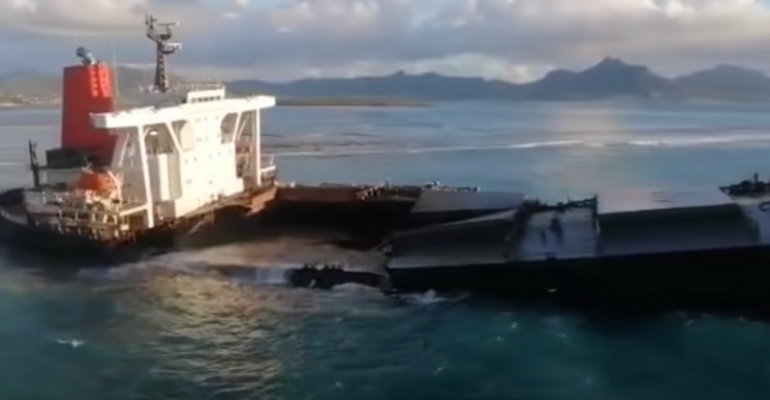A new 283-page report from Environmental Defense Fund (EDF), Ricardo PLC and Lloyd’s Register has looked ahead at the potential impact of an ammonia spill on marine ecosystems. Ammonia is a frontrunner future fuel for maritime as the sector attempts to decarbonise, but is also a toxic chemical.
In the absence of real world experience, the study used modelling to predict the impact of a spill from a collision or bunkering incident on multiple marine habitats: rivers, estuaries, wetlands, coastal waters, coral reefs, mangroves, polar regions and the deep sea.
Among the key findings of the report was that ammonia spills are likely to disperse less widely and persist for shorter amounts of time in the environment when compared to spills of conventional oil marine fuels.
While the report forecast specific impacts on rivers, reefs, coastal areas, polar regions and mangroves, the impact on deep sea ecosystems remains unknown. The effects on habitats are generally concentrated around the increased growth of bacteria, plankton and macrophytes and the impacts that can have should habitats become smothered and eutrophication takes hold.
The toxicity of ammonia to fauna could also alter the dynamics of food chains, the study noted, as physiological damage occurs and habitat quality and prey availability are destabilised.
The study modelled the impact of an ammonia spill across the food web, from bacteria, plankton and macrophytes through to invertebrates, reptiles, fish, birds and marine mammals. Ammonia spills are expected to have a greater impact on fish than oil spills, but a lesser impact on invertebrates and birds.
The ecological impact of a spill will vary greatly depending on the size of the spill as well as the temperature, time of day and weather when the spill occurs. Spills at night and in still weather would have a great impact as ammonia remains on the water’s surface for longer.
The report concludes that more research is needed into the potential impact of ammonia spills, including on the health of a ship’s crew.
EDF said the shipping industry should support efforts to “Improve our understanding of the future fuels and wider environmental consequences of their use and Implement a robust policy framework providing clear guidance and rules on how to use these fuels in a way that is safe for human health and the environment.”
Copyright © 2024. All rights reserved. Seatrade, a trading name of Informa Markets (UK) Limited.
Add Seatrade Maritime News to your Google News feed.  |
